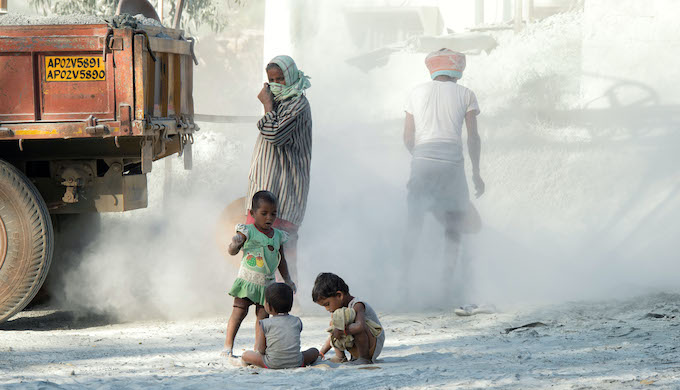Introduction
Greenhouse gas (GHG) mitigation policy-making has largely been conducted in isolation of development considerations. An emerging literature, bolstered by the “nationally determined” nature of the Paris Agreement, explores the identification and assessment of the co-impacts of mitigation actions. There is now a recognized need to consider mitigation an integral part of a multi-objective development challenge. However, the literature on how to practically and effectively apply this in policy-making, particularly in developing economies, is limited. This paper explores the potential for using approaches that fall under the umbrella of multi-criteria decision analysis (MCDA) in guiding analyses and policy-making that relate to the climate mitigation–development interface. It categorizes three distinct types of decision problems in the broad area of climate and development policy-making, and presents lessons from three case studies, in India, Chile, and Peru and Colombia taken together, where aspects of MCDA approaches were explored. Based on these reviews, the paper concludes that MCDA approaches, despite certain limitations, can add substantive and procedural credibility to existing toolkits supporting climate and development decision-making. Key contributions of the approach are to structure the analyses, systematically include stakeholder deliberations, and provide tools to rigorously incorporate quantitative and qualitative co-impacts in multiple objective-based decisions.
Read more









